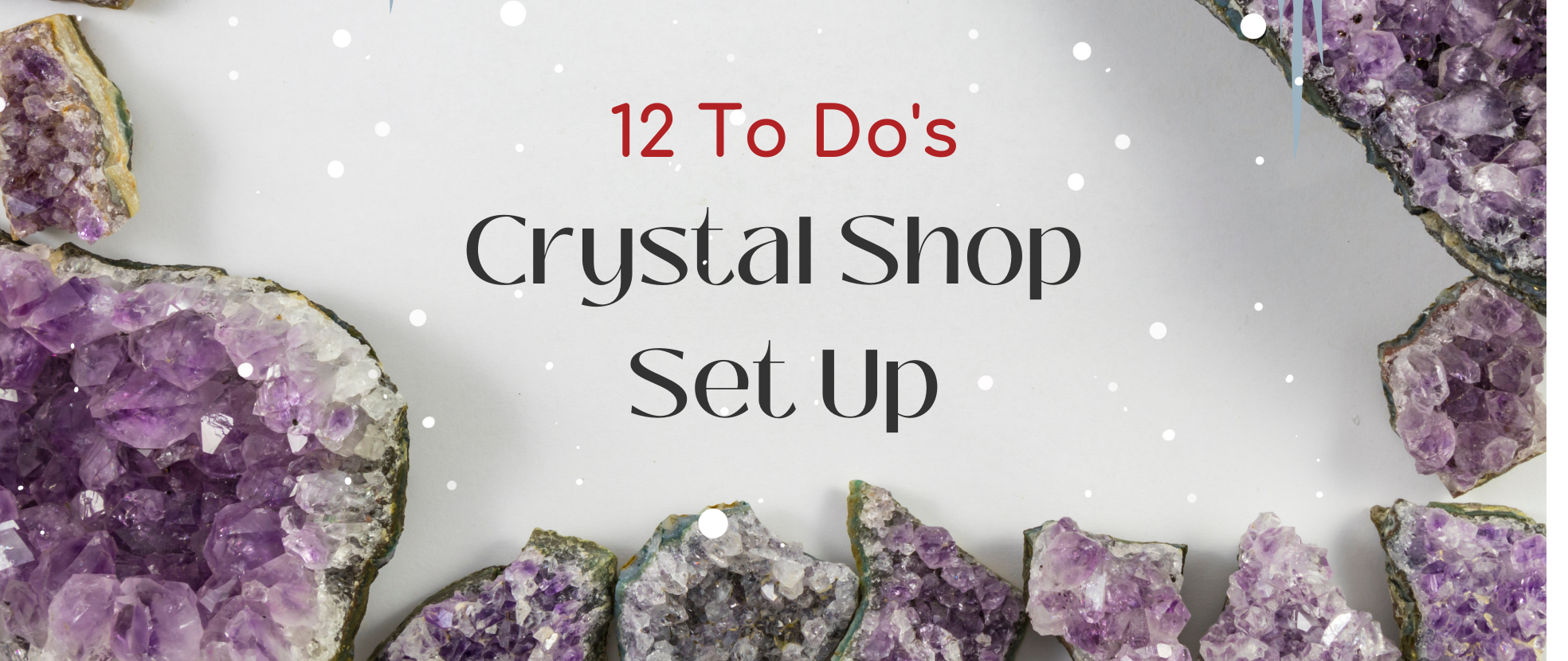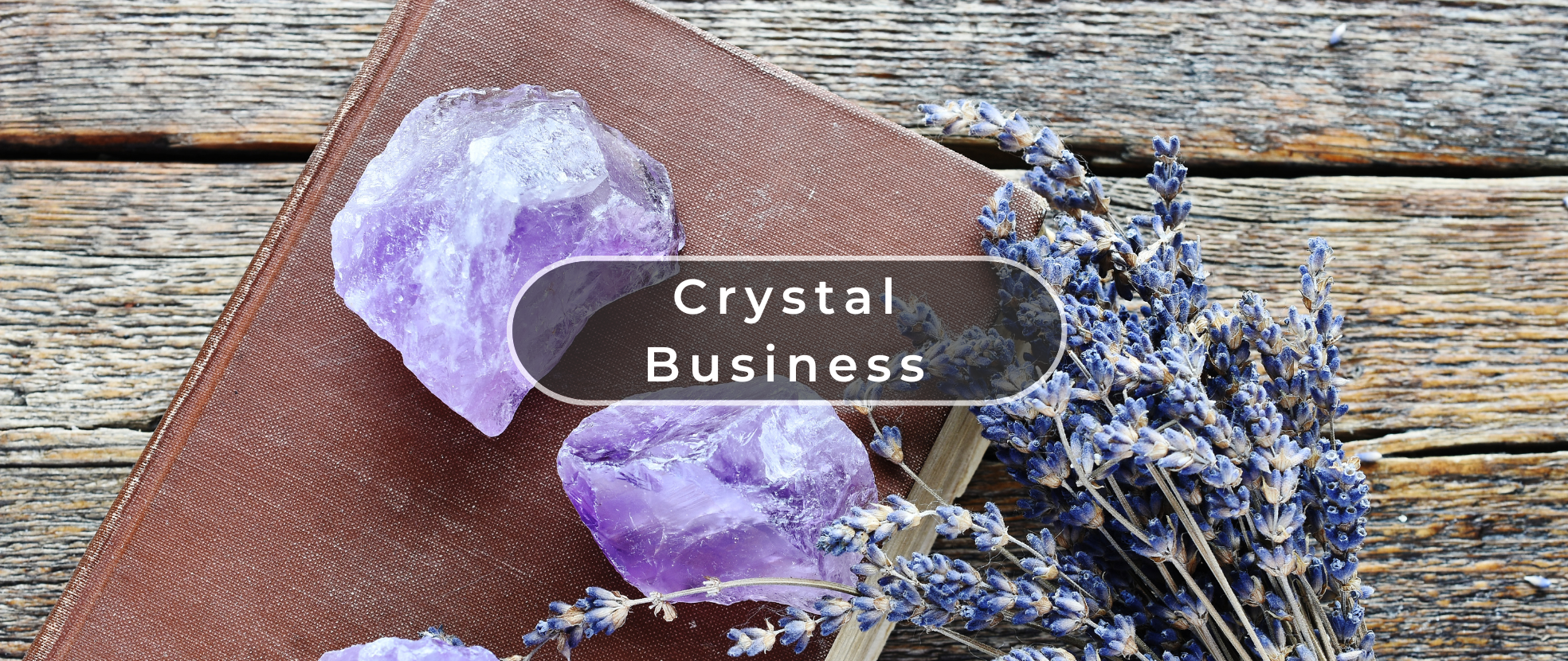Negative energies surround us 24/7. Somebody's anger or sadness could easily rub off on you. A hurtful or insensitive remark could affect your mood for the entire day. The oppressive energy hanging over a stressful work environment could affect your sleep quality in the long run.
How can you protect yourself from these energy vampires? One way is to use a black tourmaline crystal. As a bodyguard stone, it wraps your psyche in a protective bubble wherever you go. It keeps those negative vibrations from zapping your joy, peace, and enthusiasm so you can live to the fullest.

The Physical Properties of Black Tourmaline
Black tourmaline (also called schorl) is the most common variety of tourmaline, a large group of aluminum borosilicate minerals. It forms as hexagonal crystals with 6-sided cross sections and round edges. Tourmaline is an accessory mineral (a constituent mineral present in small amounts) in igneous and metamorphic rocks.
Iron, magnesium, and a host of other metallic minerals give tourmaline its colour variations. The crystal is known for its intense pleochroism, an optical effect that makes a crystal display 2 or 3 colours when viewed from different angles.
With a hardness rating of 7, tourmaline is a strong and durable crystal. It can withstand minimal impact and exposure to chemicals, although its colour can change when exposed to bright light or heat. Sudden temperature changes can cause tourmaline to form fractures.
Tourmaline is often cut and polished into beads, cabochons, wands, and tumbled stones.
The History of Black Tourmaline
Tourmaline was first discovered in Brazil in the 1500s. A Spanish conquistador found a green tourmaline crystal which he mistakenly identified as an emerald stone. Tourmaline was thought to be emerald until scientists recognized it as a mineral species of its own sometime in the 1800s.
While it's been known since the medieval ages, the crystal only rose to popularity in 1876 when mineralogist George Kunz sold it to Tiffany & Co. This increased the global demand for tourmaline.
Prior to this, black tourmaline was first called schorl in 1400. This name was derived from a small village in Saxony, Germany called Schorl (now Zschorlau) where black tourmaline deposits were found.
Tourmaline is found in igneous and metamorphic rocks. It forms as large, well-formed crystals in cavities resulting from hydrothermal activity. Hot waters and vapors transport minerals in fractures, pockets, and voids to form crystals as small as a few millimeters to as large and heavy as 100 kg.
Gem quality tourmalines are extracted from stream sediments by artisanal miners. These crystals occur as tiny granules and pebbles naturally polished by stream waters during transport.
For over 500 years, Minas Gerais in Brazil has been the largest producer of tourmaline in the world. Other important sources of the crystal are China, the USA, Afghanistan, Namibia, Pakistan, Nigeria, and Tanzania.
The Lore of Black Tourmaline
Black tourmaline has been known to be a stone of protection to many tribes including the Aboriginal and Native American tribes.
Dutch traders in the 18th century believed that when rubbed, the crystal produces a positive charge on one end and a negative charge on the other. The traders used the positive end to remove dust from their Meerschaum pipes.
Black tourmaline is also believed to block electromagnetic waves emitted by gadgets like cell phones, computers, and TVs. Some people wear or put a black tourmaline close by when using electronics for long periods.

The Healing and Metaphysical Properties of Black Tourmaline
The healing prowess of black tourmaline has something to do with its pitch black colour. It is said that its dark hue signifies its strong ability to siphon negative energy. Use it to clear your energy field and protect yourself from negativity.
For Protection
As a protective stone, black tourmaline drives away low energies from people, objects, places, and situations that threaten your intentions.
When used at your home or office, this crystal builds a barrier against outside forces to prevent bad vibes from infiltrating your personal space. Conflicts, ill intentions, diseases, and other negative forces don't stand a chance against black tourmaline.
Energy Cleansing
You can also use black tourmaline for flushing out negative energies that may already be affecting your physical, mental, emotional, and spiritual states. The crystal acts as a magnet. It will draw out any unwanted energies and release it from your system. Then it gives your mind, body, and soul a clean slate so you'll feel refreshed and reenergized.
To tap into the cleansing and protecting abilities of black tourmaline:
- Keep it close to your body so you're always protected. Wear a black tourmaline bracelet or necklace.
- Put a black tourmaline tumbled stone or rough chip inside your pocket or purse so you can access its energy anytime and wherever you go.
- Place the crystal in your personal space (e.g., on your nightstand, shelf, desk, or under your pillow) or any space that needs energy clearing. You can even make space clearing jars of water, sea salt, and black tourmaline. Display it in any room in your house or office to purify the energy of that space.
- Meditate with the crystal and use the intention, I release all unwanted energy or I dispel negativity; I'm protected on all levels.
Shop black tourmaline

Sources:
American Gem Society. (2021, April 20). Tourmaline Gemstone History Origin of Tourmalines. Retrieved August 24, 2022, from https://www.americangemsociety.org/birthstones/october-birthstones/tourmaline-history/
Black Tourmaline Meaning & Healing Properties. (2018, March 17). Energy Muse. Retrieved August 24, 2022, from https://www.energymuse.com/blacktourmaline-meaning
Black Tourmaline: Meaning, Healing Correspondences, and Uses. (n.d.). Gemstone Well. Retrieved August 24, 2022, from https://gemstonewell.com/blogs/news/black-tourmaline
Black Tourmaline Meanings and Crystal Properties. (n.d.). The Crystal Council. Retrieved August 24, 2022, from https://thecrystalcouncil.com/crystals/black-tourmaline
International Gem Society LLC. (2021, July 4). What is Gemstone Pleochroism? International Gem Society. Retrieved August 24, 2022, from https://www.gemsociety.org/article/what-is-gemstone-pleochroism/
King, H. M. (n.d.). Tourmaline: Earth's most colorful mineral and gemstone. Geology.Com. Retrieved August 24, 2022, from https://geology.com/minerals/tourmaline.shtml
Signs of Negative Energy. (2020, November 25). WebMD. Retrieved August 24, 2022, from https://www.webmd.com/balance/signs-negative-energy
Tourmaline Care and Cleaning Guide. (n.d.). GIA. Retrieved August 24, 2022, from https://www.gia.edu/tourmaline-care-cleaning
Tourmaline History and Lore. (n.d.). GIA. Retrieved August 24, 2022, from https://www.gia.edu/tourmaline-history-lore





